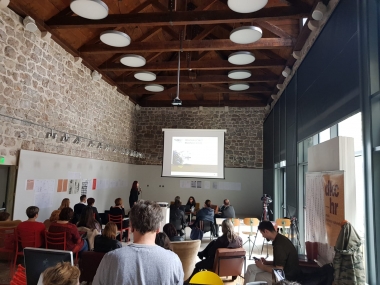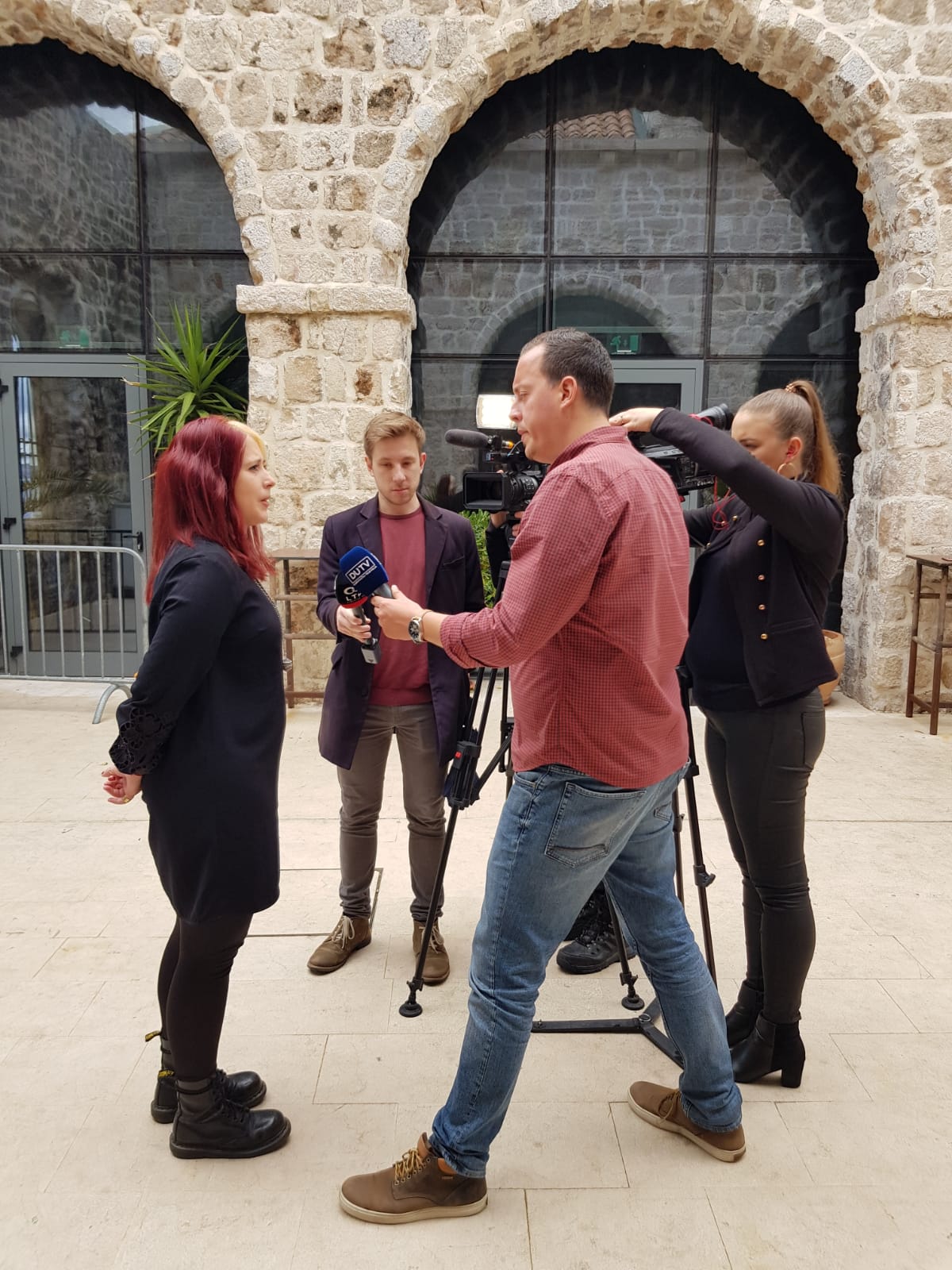The Round table „Civil Society Council of the City of Dubrovnik – potential and challenges“ organised in Dubrovnik
Edited on
09 May 2019The Round table „Civil Society Council of the City of Dubrovnik – potential and challenges“ was organised in Dubrovnik on April 30th 2019 within ACTive NGOs transfer network, co-financed by URBACT III Operational Programme.

The round table gathered public administration, city council representatives, NGOs, former members/president of the civil council and media. The focus of the discussion was set on the potentials of civil society council in Dubrovnik. The Council is an advisory body to the City Council with the aim of strengthening and encouraging civil society development, advising city councillors on policy while representing different sectors. Civil Society Council had 3 mandates so far but the recent effort of establishing the Council failed, meaning not enough NGO representatives applied (3 out of needed 11 members) hence the idea of the round table was to open a dialogue on what caused this lack of interest and also to produce policy recommendations for future Call for Civil Society Council members. The discussion lasted for almost 2 hours and also hosted Miljenka Buljević, a member of a National Council for Civil Society Development that gave insight into how the national council works and what are the potentials of local councils. In 2 hours, working together, both NGOs, public administration and president of the City Council made certain proposals for the next mandate. According to problems identified, such as low impact the Council actually had or lack of communication policy recommendations were made as following:
- formalisation and structuring of the way the Civil Council operates needed for e.g. how many times members of the Civil Council should meet with City councillors and how two councils should communicate on more regular basis
- President of the City Council should be a member.
- Members should be representatives of different sectors within civil society.
- Criteria for members should be elaborated in detail (some criteria categorised as vague)
- There should be thematic working groups - so members of NGO's can participate even though they are not necessarily members of the Council
- Sessions of the Council should be open to public
After the round table there will be one more round of public consultation when the documentation is prepared according to the conclusions and after that the new call for civil council members will be published and hopefully, civil society council established by the end of the year.
ACTive NGOs is an URBACT Transfer Network dedicated to developing and improving cooperation models between NGOs and municipalities. Drawing inspiration from the Good Practice of the Riga NGO House, a platform for public-civic participation, the network brings together cities from across the Europe: Riga (LV), Syracuse (IT), Santa Pola (ES), Dubrovnik (HR), Brighton and Hove (UK) and Espoo (FI). This project is being co-financed by the ERDF within the URBACT III Operational Programme. Find more: https://urbact.eu/active-ngos /Facebook: ACTiveNGOs /Twitter: @ACTive NGOs /Instagram: active.ngos

 Submitted by z.biteniece on
Submitted by z.biteniece on
